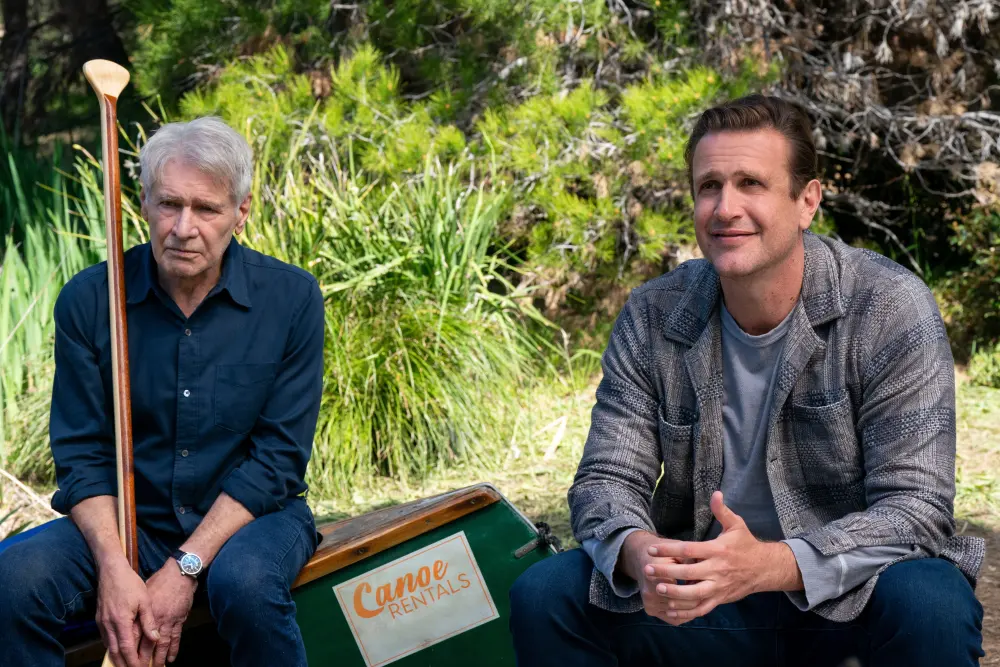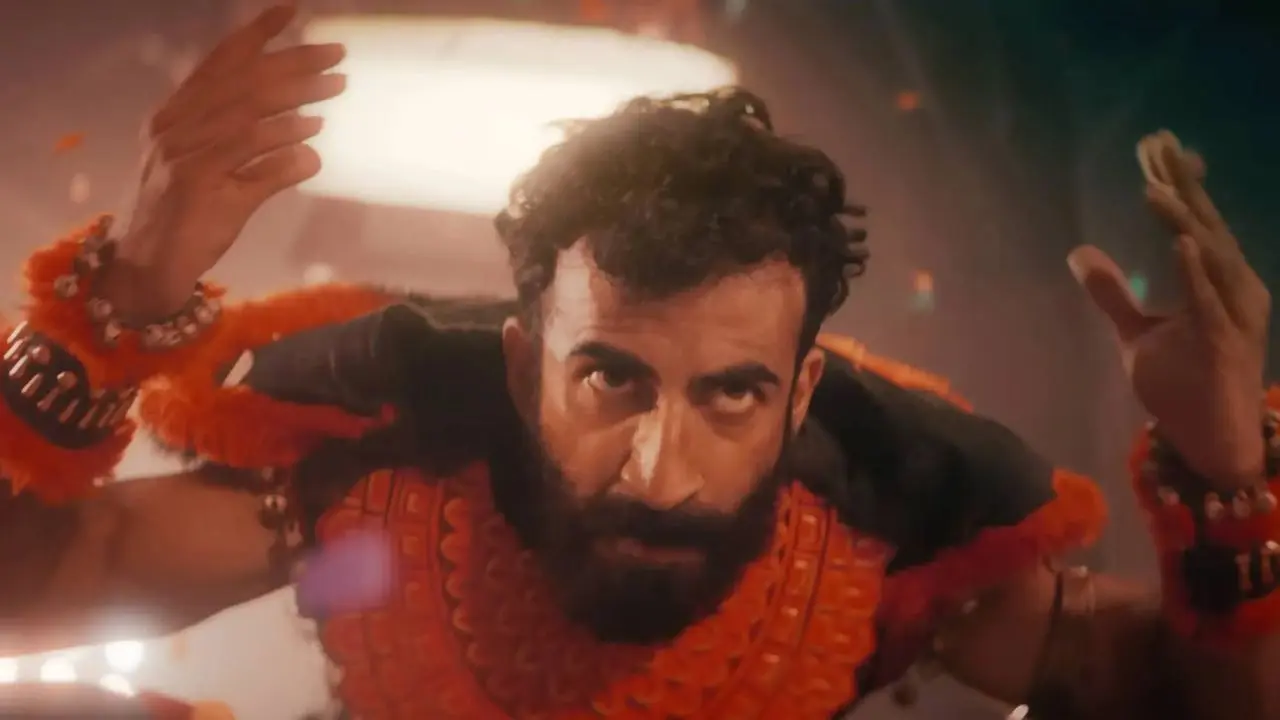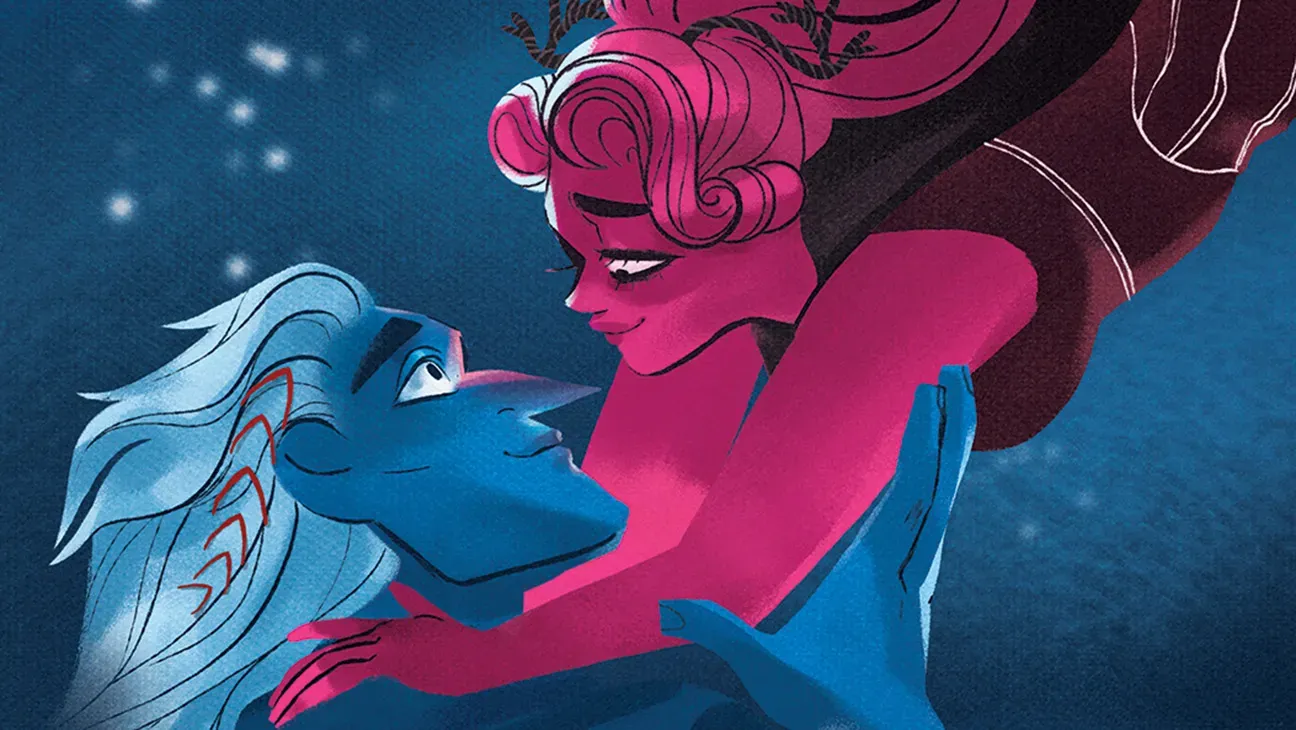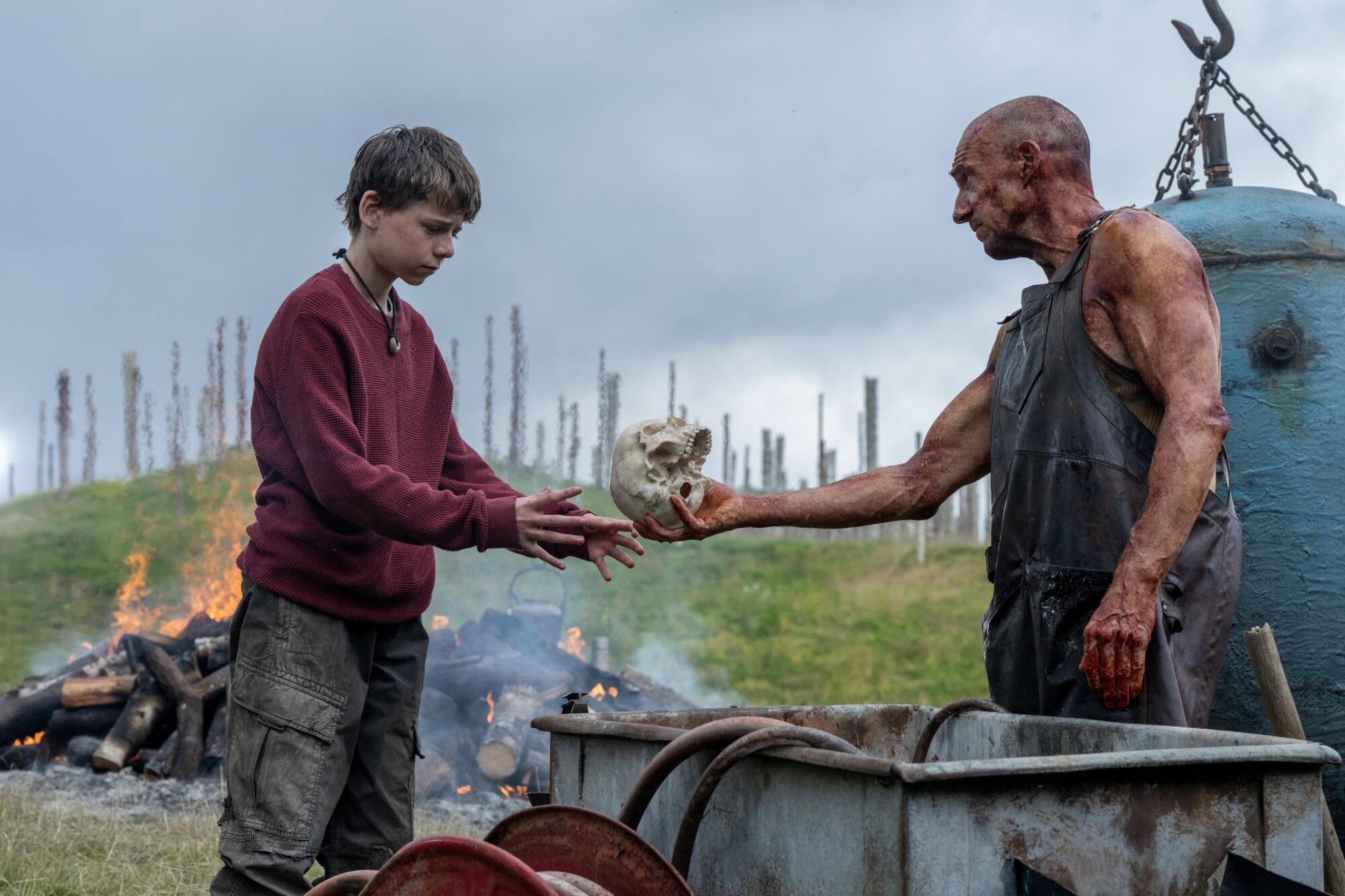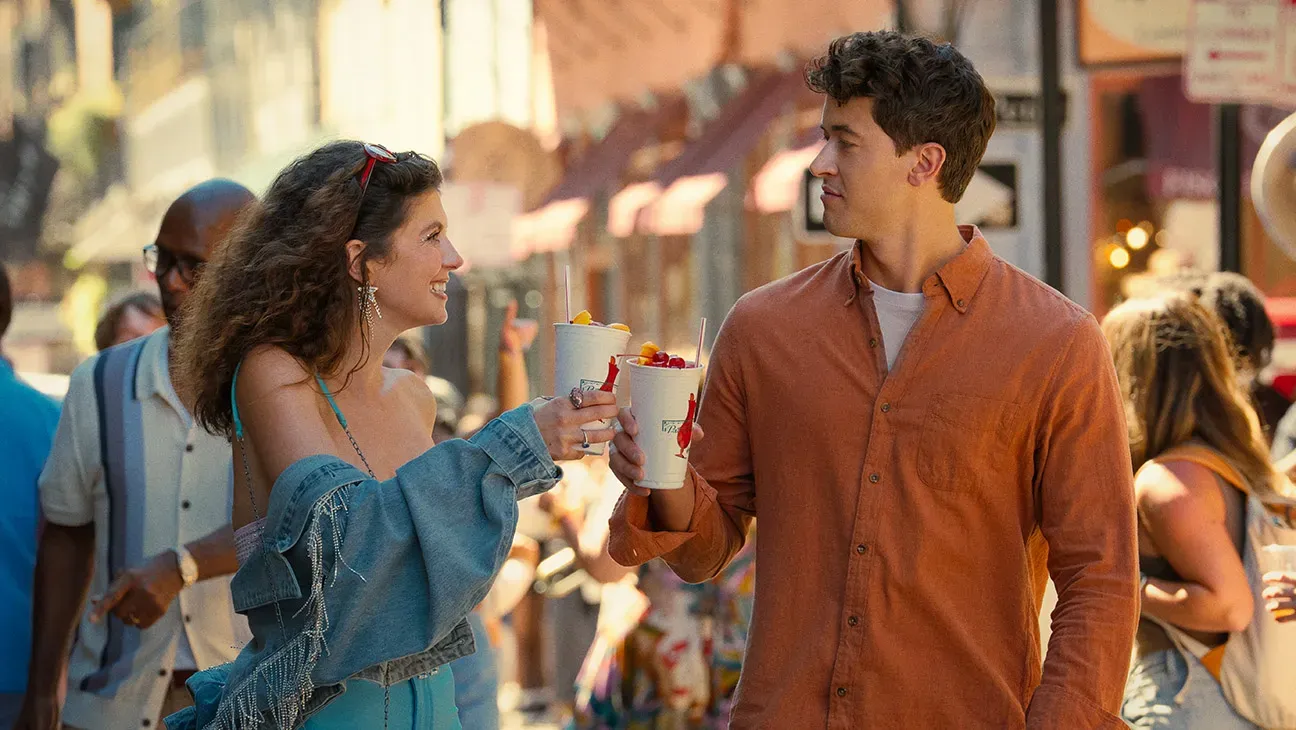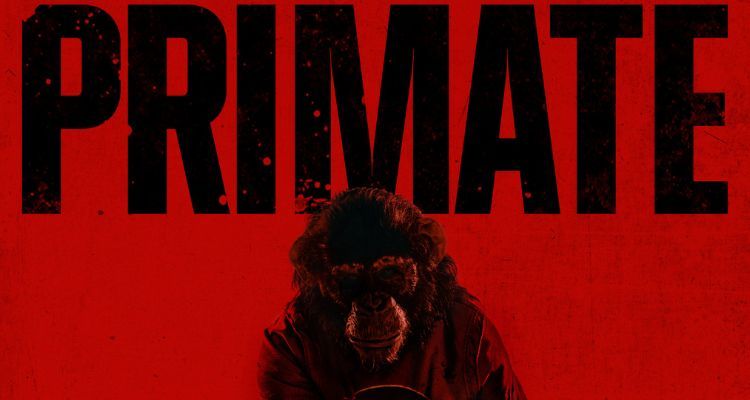
The Flash (2023) - Movie Review
- Jun 24, 2023
"The Flash", a superhero blockbuster, is a paradoxical mix of intelligence and ignorance, pushing boundaries yet also adhering to clichés. It showcases an array of digital effects, alternating between awe-inspiring and abysmal. It mirrors its well-meaning yet often awkward protagonist, exceeding our expectations, only to falter moments later.
See Also: The Enforcer (2022) - Movie Review
Much like its titular hero, "The Flash" repetitively resets itself. It explores time, parallel dimensions, and the possibility of altering established events in a narrative loop. The film paradoxically becomes its own antagonist. It blends a range of genres, from slapstick humor and family drama to hardcore action and philosophical science fiction. Its release, unfortunately, shadowed by the groundbreaking "Spider-Man: Across the Spiderverse," complicates matters.
Ezra Miller, amidst real-life legal troubles, portrays forensic scientist-cum-superhero Barry Allen. His character, struggling with personal trauma and feeling overlooked in the Justice League, often leads to a comedic disconnect. Discussing more in-depth elements of the film without revealing the plot becomes a challenge. In the age of social media, where spoilers and promotional material run rampant, we must tread carefully.
For those who continue reading, recall the ending of 1978's "Superman: The Movie", a sequence expanded into an entire film here, intertwined with elements from the "Back to the Future" series. Here, Barry's endeavor to alter his past tragedy forms the crux of the story. He plans to leverage his Flash powers to travel back to the unfortunate day, intending to alter minor details and save his parents. But time travel, as demonstrated in numerous movies and literature like Ray Bradbury's "The Sound of Thunder," is never straightforward.
Andy Muschietti's direction and Christina Hodson's script allow "The Flash" to explore its concepts and characters' pain without losing its vibrant spirit. When Miller's character enters what he believes to be his past, he encounters an alternate version of himself with an intact family, giving viewers a comedic yet insightful reflection of his character.
Muschietti emphasizes pre-time-travel Barry's nervousness and clumsiness, pushing the character to the brink of caricature. When the two Barrys unite, Miller portrays them with contrasting energy levels, allowing the original Barry to grow, aligning with the typical progression of a young hero. The special effects truly shine in these dual character scenes, culminating in an impressive performance of an actor playing against himself.
The DCEU's master narrative considers Superman's epic battle with General Zod in "Man of Steel" a character-defining event. The repercussions of this clash have echoed throughout subsequent films, most notably in "Batman vs. Superman: Dawn of Justice". As it's alluded to again in this film's first act, we anticipate its reappearance in an alternate universe. As predicted, the villainous Zod returns with his menacing crew and destructive technology.
The challenge lies in the absence of the Justice League, leaving only one superhero, Batman, to face Zod. But not Ben Affleck's grim Batman, rather Michael Keaton's aged, wearied, and estranged version from the 1980s Tim Burton films. Keaton's subdued performance adds a fresh element to a narrative heavily reliant on familiar tropes, offsetting Miller's overzealous tendencies and providing a smooth ride for the audience.
The modified Justice League, now consisting of Barry, Barry, and Bruce, aim to rescue the imprisoned Superman, who turns out to be Supergirl. As this newly formed team confronts Zod's army, the film cleverly references the "Back to the Future" films.
Despite the intellectual exercise of the climactic battle, the visuals falter, reminding one of dated video game graphics.


